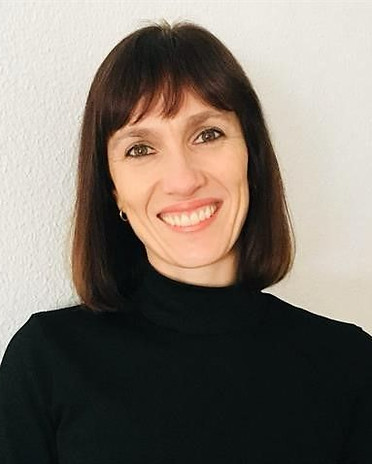
About this year's theme
Date
10/04/2025
Time
10:00AM (GMT)
Mode
Online
Reimagining the Landscape of Education and Beyond...
In an era of rapid transformations, education stands at the intersection of innovation and interdisciplinary collaborations. STORIES 2025 invites scholars and practitioners to explore how education is evolving in response to global challenges and opportunities. How can we reimagine learning spaces, policies, and pedagogies to foster a more inclusive, equitable, and accessible future?

4
years since the first STORIES conference
3
keynote speakers
60+
presentations
Keynote Speakers

Dr Tom Crawford
Public Engagement Lead
Department for Continuing Education
University of Oxford
Bringing Learning to Life through Storytelling
From Pokémon to the Titanic, framing a topic in popular culture by telling stories is one of the most powerful tools available to any teacher when trying to engage with their students. In this interactive talk, Dr Tom Crawford will showcase some of his favourite examples and provide guidance you can use to create your own.

Ana Pellicer-Sánchez
Associate Professor
Applied Linguistics and TESOL
IOE, UCL's Faculty of Education and Society
Incidental approaches to the development of vocabulary in a second language: Past, present, and future
This talk explores how learners acquire vocabulary incidentally—that is, by reading, listening, or watching—without direct instruction. With growing interest in how attention affects word learning, recent studies have used eye-tracking to examine these processes in real time. This session will highlight key findings from both traditional vocabulary tests and newer eye-tracking research, offering insights into how different types of input support vocabulary growth and how combining multiple data sources deepens our understanding of how learning happens.

Ruanni Tupas
Associate Professor
Sociolinguistics in Education
IOE, UCL's Faculty of Education and Society
Unequal Englishes as 'Global English'
This keynote challenges the common celebration of 'Global English' as a neutral, unifying force, arguing instead that it sustains a system of unequal Englishes shaped by globalisation. Privileging standard and native varieties, educational systems often marginalise diverse Englishes and their speakers. By exposing how policies and practices reinforce these hierarchies, the talk calls for more inclusive and equitable approaches to language teaching, learning, and assessment.

